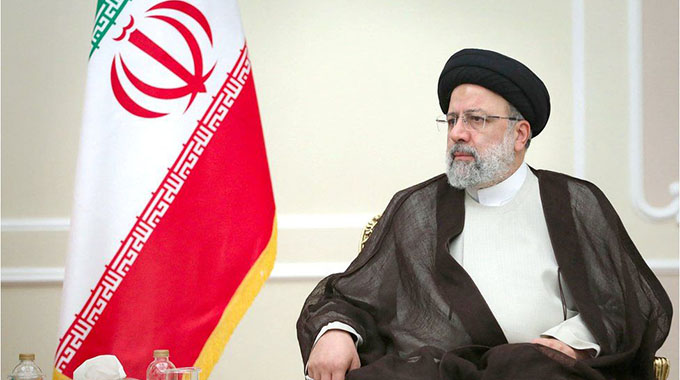EU angles against human traffickers

BRUSSELS. — EU ministers have agreed to launch a sea and air mission that could in its later phases destroy vessels used by human traffickers, which have carried an estimated 1 800 migrants to their deaths in the Mediterranean this year.
An intelligence-gathering operation will herald the mission’s first phase, with the UK expected to offer drones and surveillance equipment as a partial riposte to calls for it to take in more refugees.
In later phases, hostile vessels suspected of harbouring migrants could be boarded, searched, seized or disposed of in Libyan territory or international waters — as long as a chapter 7 UN resolution to authorise the use of force to do so is obtained first.
The plan could be launched as soon as June 25, the EU’s foreign policy chief Federica Mogherini told a Brussels Press conference.
“There is a clear sense of urgency as we all know that June is the beginning of summer and in this operation, seasons are important,” she said.
“As summer comes, more people are travelling so we want to have the operation in place as soon as possible, if it is to deter the traffickers’ and smugglers’ organisations.”
Mogherini avoided mention of the “boots on the ground” option to destroy smugglers’ assets, outlined in an EU strategy paper revealed by the Guardian before the summit.
The mission’s rules of engagement have still to be thrashed out and one diplomat described the deployment of such forces as “the next step in terms of operational details”.
The level of collateral damage considered acceptable would also be discussed after the mission was up and running, he said.
The operation will have its headquarters in Rome and be run by an Italian rear admiral, Enrico Credendino, with an initial year-long mandate.
Concerns about the militarisation of the migrants issue will probably be raised at the UN, though, with Libya already describing the mission as very worrying, citing concerns over its potential to mistakenly target fishermen’s boats.
Refugee rights groups fear that bombing the escape routes of people fleeing for their lives from Syria, Eritrea and west Africa — where most migrants begin their journeys — will simply lead to more deaths, away from the public spotlight.
“An unintended consequence of this mission is that it may even lead to more deaths,” said Michael Diedring, the secretary general of the European Council on Refugees and Exiles (ECRE).
“If there is a shortage of vessels, even more people will be packed into them.
“There is even a possibility, given the desperate situation these people face, that they might try to construct their own boats.”— The Guardian.









Comments